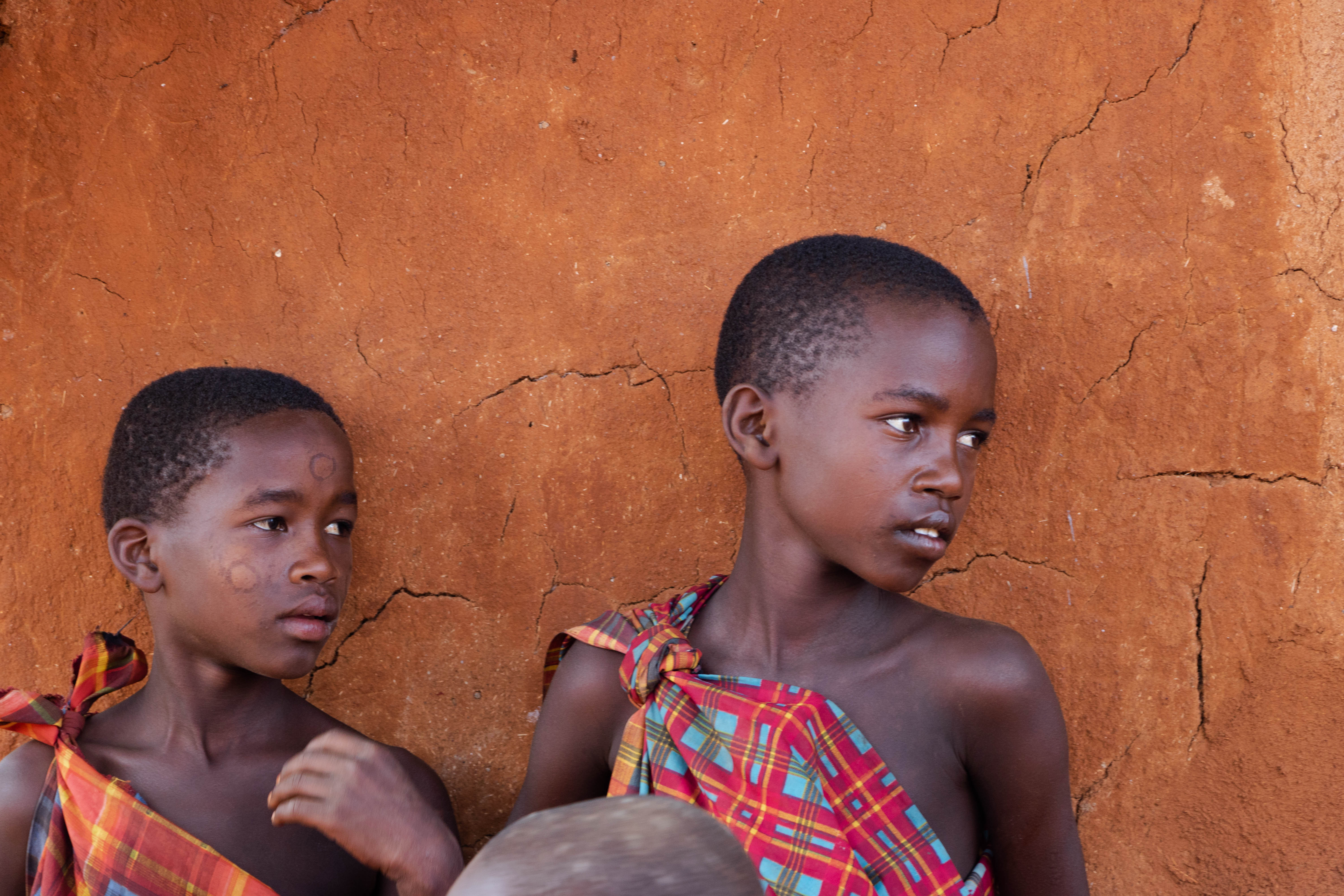
THE KENYA CHRONICLES: PART II
An adventure that merged travel, sustainability and social entrepreneurship
As the first part of this blog made clear, my trip to Africa was chock full of adventure, excitement, brilliant human interactions, animal encounters, and a ton of growth opportunities. This blog recounts all that happened after part one ended. Enjoy!
https://www.instagram.com/p/BpHqAuPHQWh/
Change is in the offing
The morning after observing the amazing traditional dance, I awoke at 5:30 am and instantly went into Ninja mode again. Hold on, hold on, I’m not crazy… there was a good reason for it: a scorpion in my bathroom! Managed to remove the little bugger, showered and then set off for some more exploring in the Land Cruiser.
This particular game drive allowed us to observe giraffes, elephants, water buffaloes, kudus, deer, impalas and even an extremely poisonous black mamba from up close. We even got a flat tire in the middle of the bush. Perfect timing, am I right? Yikes.
https://www.instagram.com/p/BppYvuIF__U/
At 8 am, we enjoyed another fantastic breakfast at Kivuli Camp and then returned to the offices of Wildlife Works and Hadithi.
This time around, we met Monica Makori from Zawadisha, an organization that gives micro loans to women. They aim to ‘improve women’s lives one loan at a time’. As you all know, I’m a big advocate of female entrepreneurship and women empowerment, so this project is very close to my heart. According to Zawadisha, their program is ‘not charity, it’s change’. I wholeheartedly agree!
Oh, and take a note of this: in Kenya, the interest on a loan is usually around 22%, but Zawadisha doesn’t charge any interest on the loans. All they charge is a 10% one-time fee to cover cost of deliveries and administrative costs, and regardless of the time it takes women to pay the loan back, the amount they repay stays the same.
Today, there are over 1800 women benefiting from it. Previously, they tried the system with men but that failed completely. Men felt no urgency to repay the money, but with women, it has been more successful. Zawadisha also has free monthly sessions on topics such as how to start your business, how to manage debt, how to be a good entrepreneur, etc.
So why is Zawadisha, and other similar programs, so important? Well, 80% of Kenyans are illiterate. Many are drop-outs from school, boda boda drivers, or caught in the cycle of young pregnancies. Change is certainly needed.
So change is needed. People need to be taught how to use solar lights, water tanks and such things to build a business. For instance, charging neighbors 20 shilling for a phone call is already something. Or maintaining chicken and making yoghurt and soap can also bring in some income.
Other great initiatives
Another initiative that we talked at length about, and one that I fell in love with, is Pink Panther. It’s all about women engaging in the motorcycle business. So you see, women entrepreneurship can take all sorts of different shapes. By empowering women in a community, you can reduce incest, drop-out rate, pregnancies, gender violence, and so many other social evils. You see women entrepreneurship can take all different forms. Glow (Girls Leading Our World) also tackles these issues through workshops and awareness building exercises.
Some issues I came to learn about during this trip really shook me to my core. For instance, it is forbidden by religion to masturbate, but it’s somewhat common to rape young kids and goats. So, when it comes to self-pleasure which won’t harm anyone, they fear God, but not when it comes to harming other people/animals.
Furthermore, menstruation is still considered something dirty. Young girls often don’t go to school because they feel ashamed. They are bullied for being ‘dirty’ and ‘unclean’. They also have no access to basic necessities such as sanitary towels. This is where ASOS.com stepped up.
The Asos Foundation, funded by ASOS.com, has its own workshop at the offices of Wildlife Works. I was surprised to see a retail/fashion studio working inside. Needless to say, this also made me uncomfortable, because I immediately started thinking of how we all contribute to mass consumption but do not dwell on labor ramifications of this. Quite thought-provoking.
(In this vein, if you’re interested in shopping more consciously, take a look at what brands the leading sustainable fashion blogger in Belgium has endorsed.)
Luckily, however, this ASOS workshop falls under the umbrella of fair fashion & the staff gets breakfast and lunch at work. ASOS uses scrap fabric to make sanitary napkins and keep Kenyan girls in school. And their efforts aren’t just limited to Kenya. The foundation, working under the banner of ‘fashion with integrity’, helps disadvantaged young people in India and the UK as well.
We also visited the soap factory of Wildlife Works. These soaps are more small-scale and artisanal rather than industry sized. Production is very limited.They are made from only natural products and packed in small Hadithi baskets, cut glass bottles (reuse for the win!), or paper packages made from elephant poop.
https://www.instagram.com/p/BpZ7HeXnGoV/
The world within Wildlife Works
There’s so much to Wildlife Works, including a nursery for children. It was so cool dropping by there. The kids are two to five years old and learn all sorts of things, from counting to geometry.
We also visited the green house. They grow their own native trees here, and seeds are sold to the locals. The locals learn to grow themselves. According to many accounts, many of their plants have grown sufficiently (and have not been eaten by elephants who like to devour young plants). So, in other words, it’s an organic farming workshop in a nutshell.
We also visited Marasi, a primary school with 690 students, 110 young children and 19 teachers. Wildlife Works donated funds to renovate (or build from scratch) the buildings. The children, decked in green and yellow uniforms, were very enthusiastic to see us and took so many pictures! Heartwarming indeed.
Another fact: the state only pays the wages of the teachers in proportion to the number of physical classrooms. So it is parents who have to pay teachers who are not paid by the state. Sometimes there are 70 children in one classroom!
Next came Marungu, a secondary school with 245 students up to 18 years of age and decked in brown and white uniforms. Wildlife Works helped with the construction of the classrooms. Along with the basics, pupils here are taught about environmental degradation, diseases and the economy.
Authentic homestay
In the evening, Mathias and I left for our homestay with the Mercy’s family. We stepped into a little car with another eight people and headed to meet Mercy and her parents. On the way, blanketed by the pitch darkness, we talked about relationships, religion, and other intense stuff.
Upon arrival, we were warmly welcomed by Mercy’s mother with hot chai tea (lots of milk and sugar) and then introduced to every member of the family. We talked at length about the Hadithi baskets, because these baskets are also woven in this family as this ensures good income.
Afterwards, we helped with cooking. The kitchen was in a separate mud hut with a straw roof. There were two fire pits stocked with wood. Of course, the smoke got to me quickly, with my eyes tearing up, and I wondered how they didn’t get sick here. Regardless, I stepped up and helped make chapatis. Water + flour + salt and some sugar. That’s it. Some oil on the lead iron plate and voila! Chapatis.
Mercy also made an African cake for us. It was called the brick cake and I immediately understood why. It fell like a heavy stone in the tummy. By 20:30, the food was ready and we ate together in the living room. After the meal, we talked a little more. In the gentle warmth, Mathias and I felt the load lift off our shoulders, we became quiet and truly lived in the moment.
Over all, I slept pretty well, but was welcomed by some gigantic cockroaches in the squat toilet outside. Early in the morning, there was already a lot of activity (yes, they start working before sunrise!). I helped with some sweeping, and even tried to milk a cow! La Mama had already baked pancakes for us. We then went out with Mercy to meet the rest of the family members who all lived close by. They all weave to earn an income as well. We saw first-hand how difficult drought makes it to count of agriculture.
The work’s just beginning
A little later, we were picked up by the rest of our crew and the rush started again. But I kept thinking of the calm night with this amazing family, a night that I enjoyed so much. I honestly could have stayed for a lot longer. Away from the crowds, away from the internet, away from all semblance of Western life.
Just one with the African rhythm, back to the basics.
On this day, we visited the Taita, Duruma and Masai tribes. Their family structures were huge, in fact larger than I’ve seen anywhere before. The facilities… not so much. Literally just some wooden sticks, straw and worn pieces of cloth. Some of the better off ones had mini rooms with a kind of bed. What was of particular interest to me was observing how the families are built. The grandfather and grandmother form the central point around who everyone else revolves. Daughters are all married early and leave the family. Daughters-in-law, in turn, are obliged to live within the family of their husbands. Clearly, this doesn’t result in smooth interactions all the time.
Furthermore, the number of children haphazardly wrapped in pieces of cloth was staggering. Often, I would see a young toddler hanging from the skirt of the mother, while another baby was already sucking at the breast. Family planning, family planning. Yup, still a lot of work to be done here.
And then, finally, we headed back to Mombasa. After this detailed account, I don’t even need to reiterate this, but what an adventure. Extremely intense, extremely meaningful. This trip will always stay with me and motivate me to work harder and do better. We need people to address current problems, people who respect nature and culture, people who are all for women empowerment.
We need more rebels with a cause!
https://www.instagram.com/p/BpAUW5zHWPE/





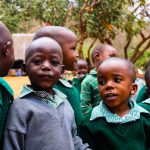
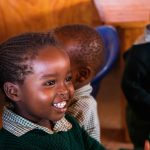
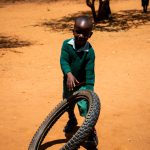
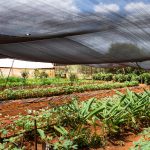
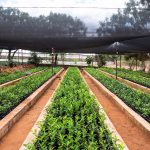
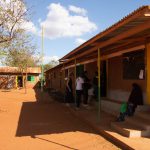
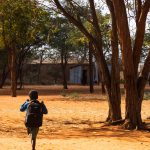
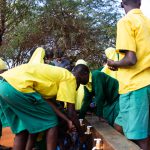
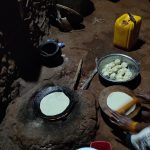
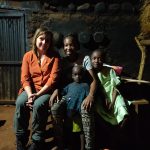
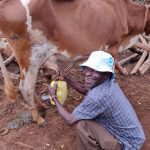
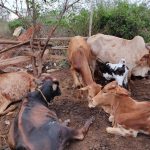
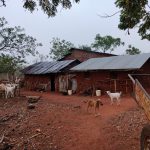
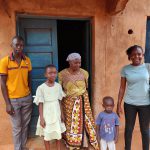
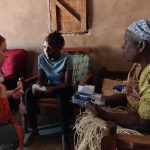

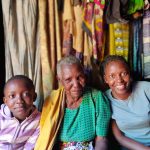
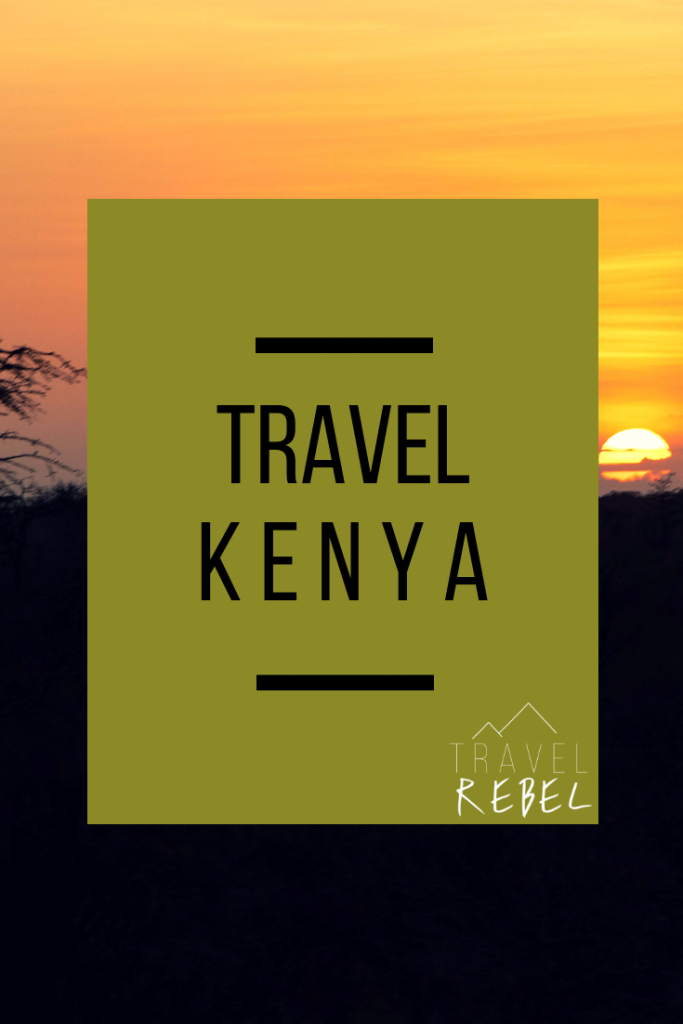
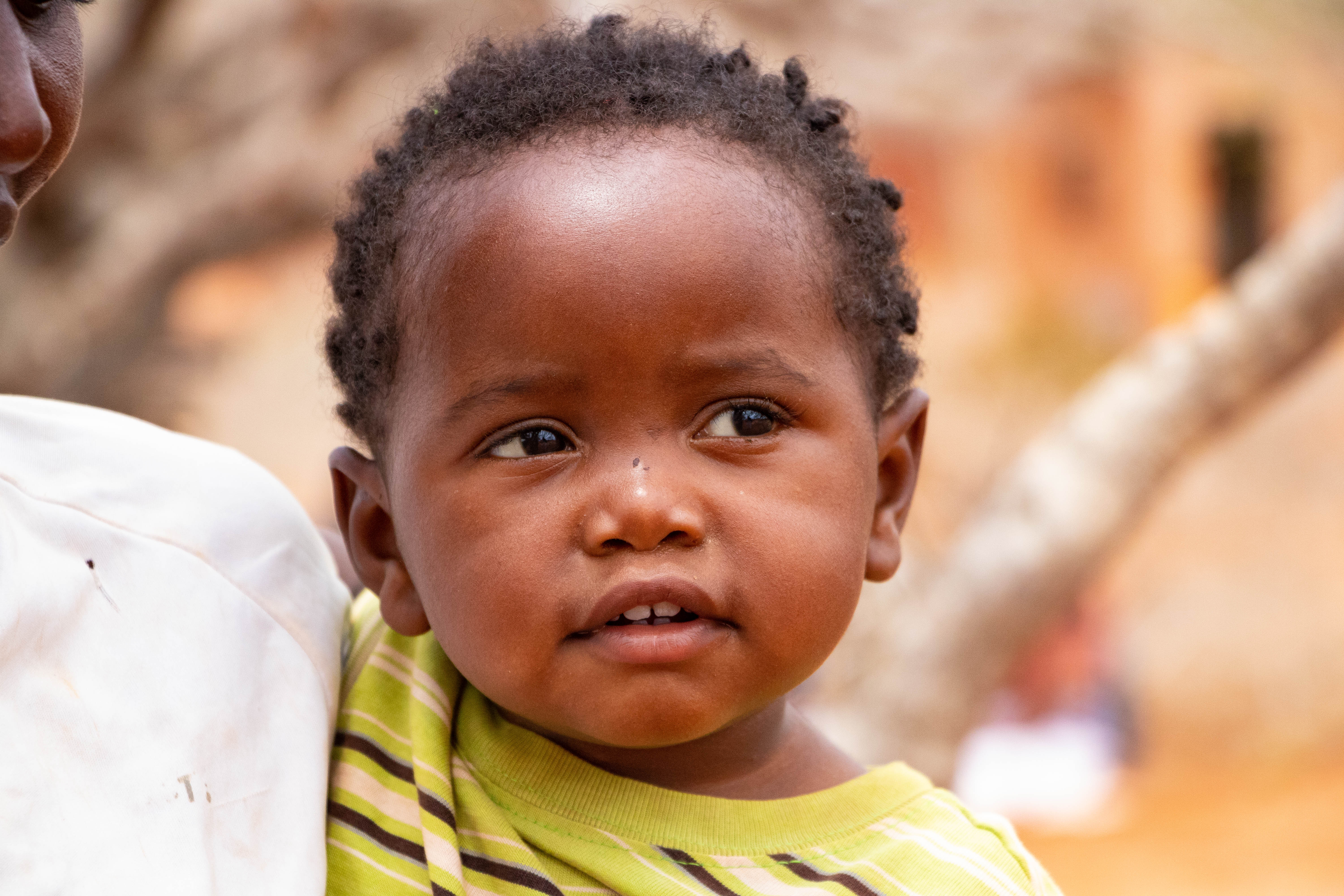
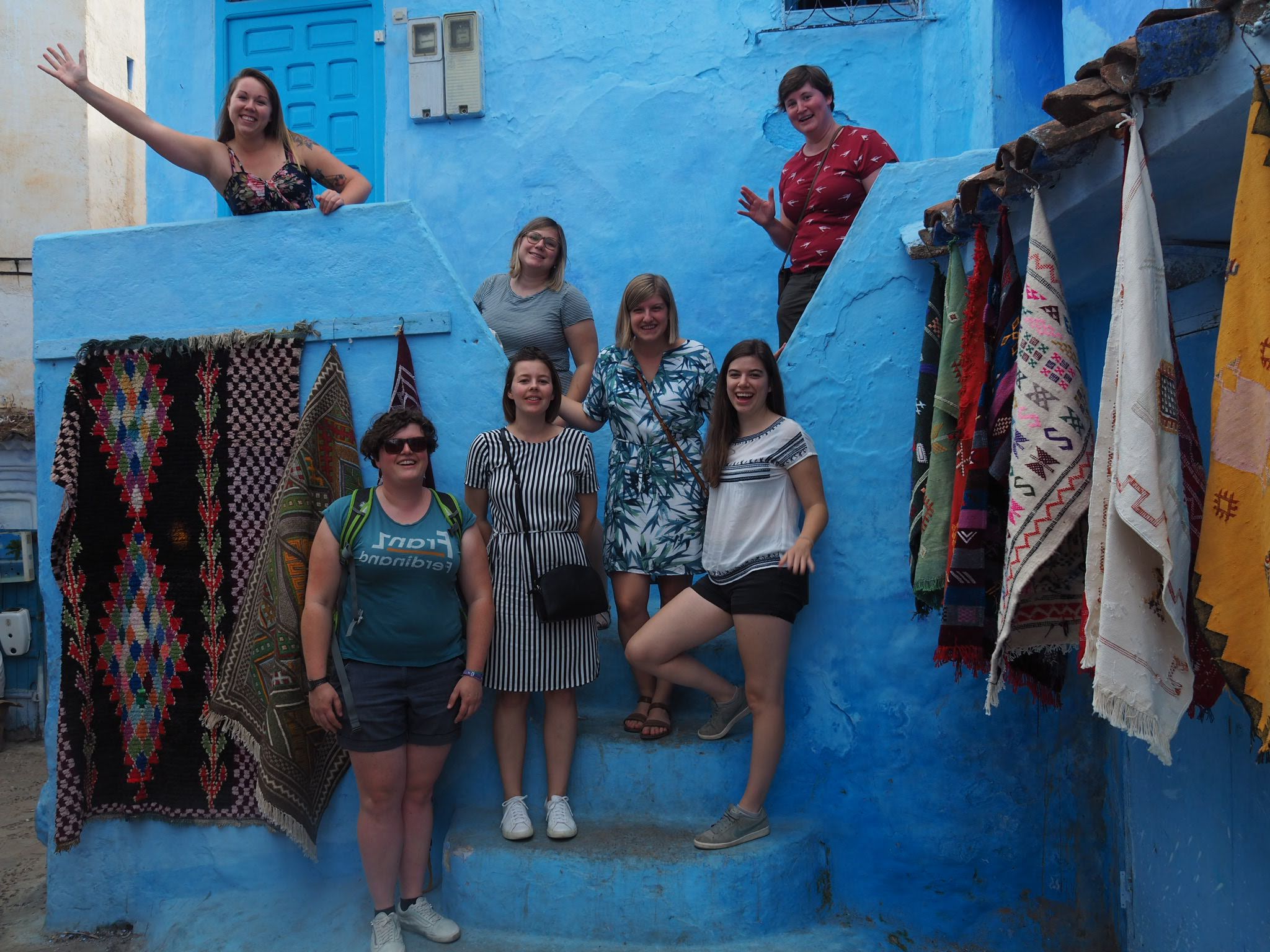
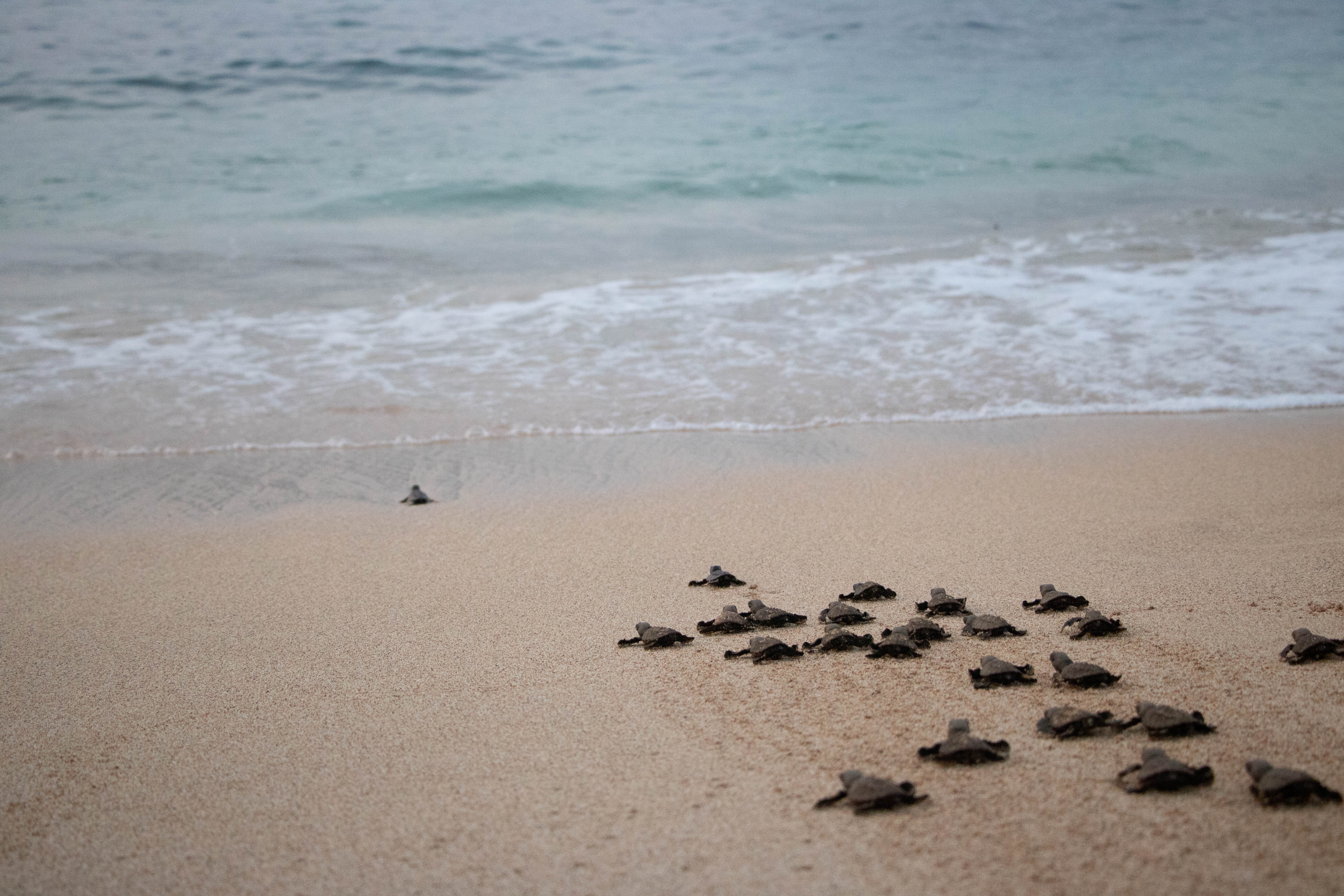

Georgette Verhofstadt
I read this travel report in one go ! Congratulations, very interesting and full of emotions.
Pingback: Adventure in Kenya with A.S. Adventure & Solid: Part I - Travelrebel